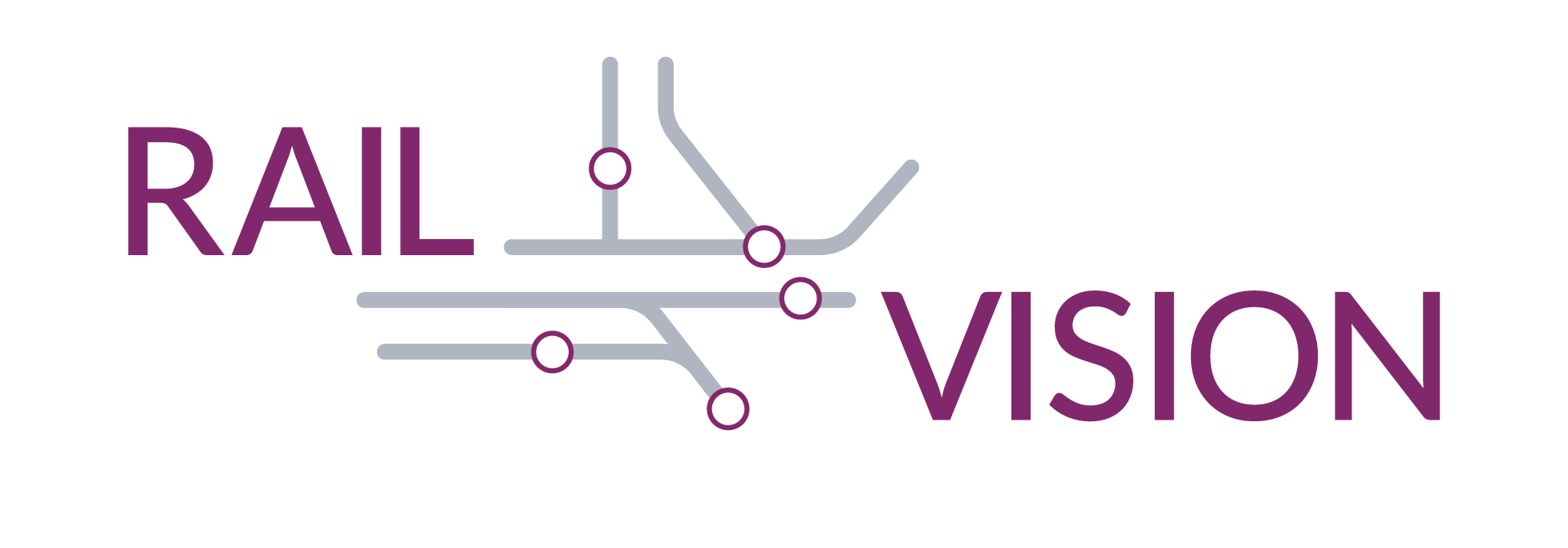Rail Vision

Timeline: 2018 – 2019
Status: Planning
MBTA Rail Vision will identify cost-effective strategies to transform the existing Commuter Rail system into one that better supports improved mobility and economic competitiveness in Greater Boston.
A thorough evaluation of costs, ridership potential, and operational feasibility of various alternatives, as well as broad public conversation in 2019, will inform the ultimate vision for the future of the Commuter Rail—one that the MBTA will then begin to turn into a reality.
Building a Better T
As part of our $9.6 billion, 5-year capital investment plan, we're renovating stations, modernizing fare collection systems, upgrading services for our buses, subways, and ferries, and improving the accessibility of the entire system.
Advisory Committee
The role of the Rail Vision Advisory Committee is to provide informed advice to MBTA leadership and the project team. The members represent diverse perspectives of the MBTA service area.
Download roster of Rail Vision Advisory Committee Members
Our Process
Over the past year and a half, through October 2019, the Rail Vision team has focused on learning about effective Commuter Rail service around the world, identifying service models we can test on our system, and understanding the constraints and opportunities with our current infrastructure.
This included:
- Reviewing more than a dozen domestic and international peer rail systems
- Developing clear objectives for a future MBTA rail system
- Evaluating more than 60 service concepts across all 14 Commuter Rail lines to project potential ridership benefits and required infrastructure changes
- Developing 6 service alternatives, featuring a range of service approaches and technologies, to move forward into the next phase of analysis
- Hosting 7 Advisory Committee meetings to gather feedback about our objectives, service concepts, initial results, and the service alternatives
Rail Vision Alternatives
The Rail Vision team evaluated 6 alternatives for how the Commuter Rail could operate in the future. These range in service frequency, vehicle technology, and level of capital and operational investment. We used several modeling tools to evaluate their feasibility, cost, ridership benefits, and any potential effects on regional land use.
To learn more about the alternatives, download the fact sheet for each one below.
Each PDF includes a map of the service area, service features, and a summary capital investments needed to deliver the proposed service and the benefits for riders.
Alternative 1: Optimize Current System
Alternative 2: Regional Rail to Key Stations (Diesel)
Alternative 3: Regional Rail to Key Stations (Electric)
Alternative 4: Urban Rail (Diesel)
Rail Vision Report - February 2020
The Rail Vision study was completed in early 2020. The following materials document the methodology and findings from the analysis of the Rail Vision alternatives and outline potential next steps for implementation. All data and analysis in this study was completed prior to the COVID-19 pandemic and reflects pre-pandemic mobility patterns. Since the study's completion, the MBTA has made additional changes to its Commuter Rail schedules.
View the final Rail Vision Report
View the Rail Vision Executive Summary
Get Involved
Provide feedback on the Rail Vision alternatives below, and see what riders and non-riders have to say about service.
We want to hear what you think of each of the alternatives. Your feedback will help us evaluate each option, and provide insight into how these changes may impact current and future Commuter Rail customers.
If you have any comments or would like to tell us what you would like to see in the future MBTA rail system, please share them with us by emailing RailVision@state.ma.us.
Twice a year, the MBTA asks Commuter Rail riders for feedback about rail service and what they would like to see in the future. In the fall of 2018, nearly 5,000 rail users provided feedback about the system.
The Rail Vision team reached out to people who do not frequently use the Commuter Rail in February and March of 2019, and nearly 3,000 responded to an online survey.
Check back here for opportunities to share your input with the Rail Vision team, and sign up for email updates.
Downloads
Review documents related to the Rail Vision project.
Past Events
Contact Information
For all queries and comments related to Rail Vision, please contact Alexandra Markiewicz at amarkiewicz@mbta.com.
Building a Better T
As part of our $9.6 billion, 5-year capital investment plan, we're renovating stations, modernizing fare collection systems, upgrading services for our buses, subways, and ferries, and improving the accessibility of the entire system.